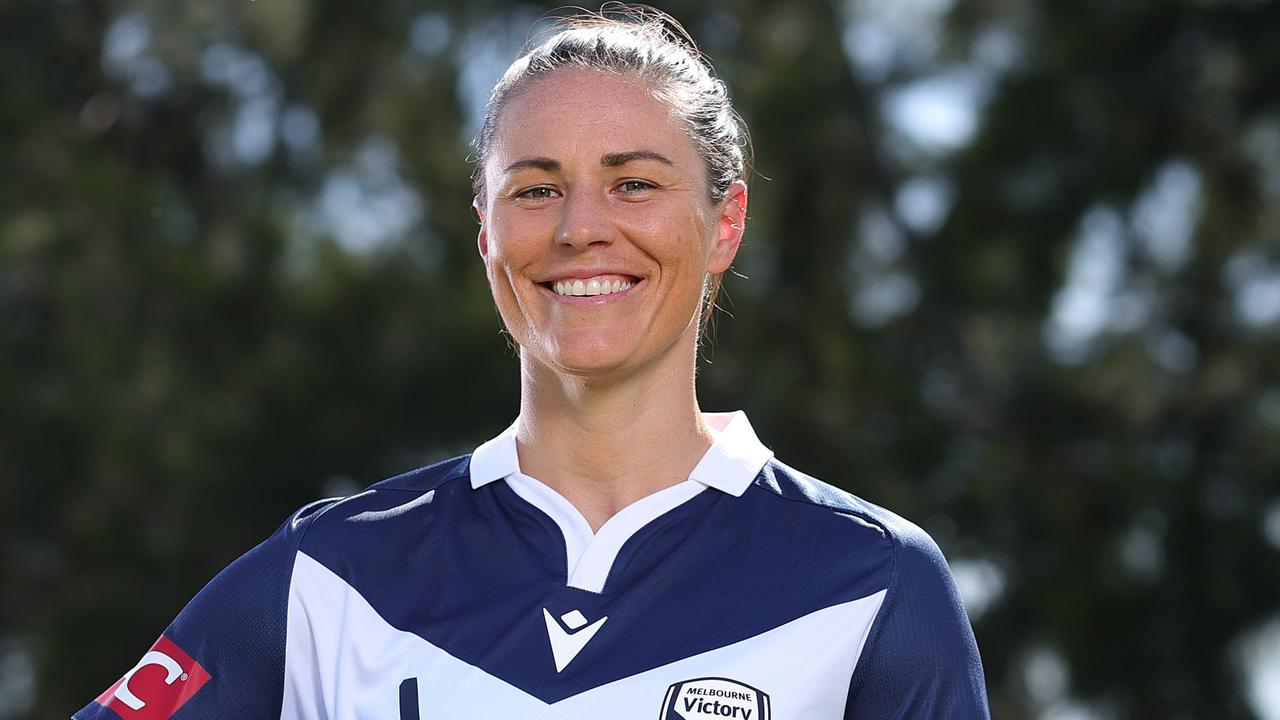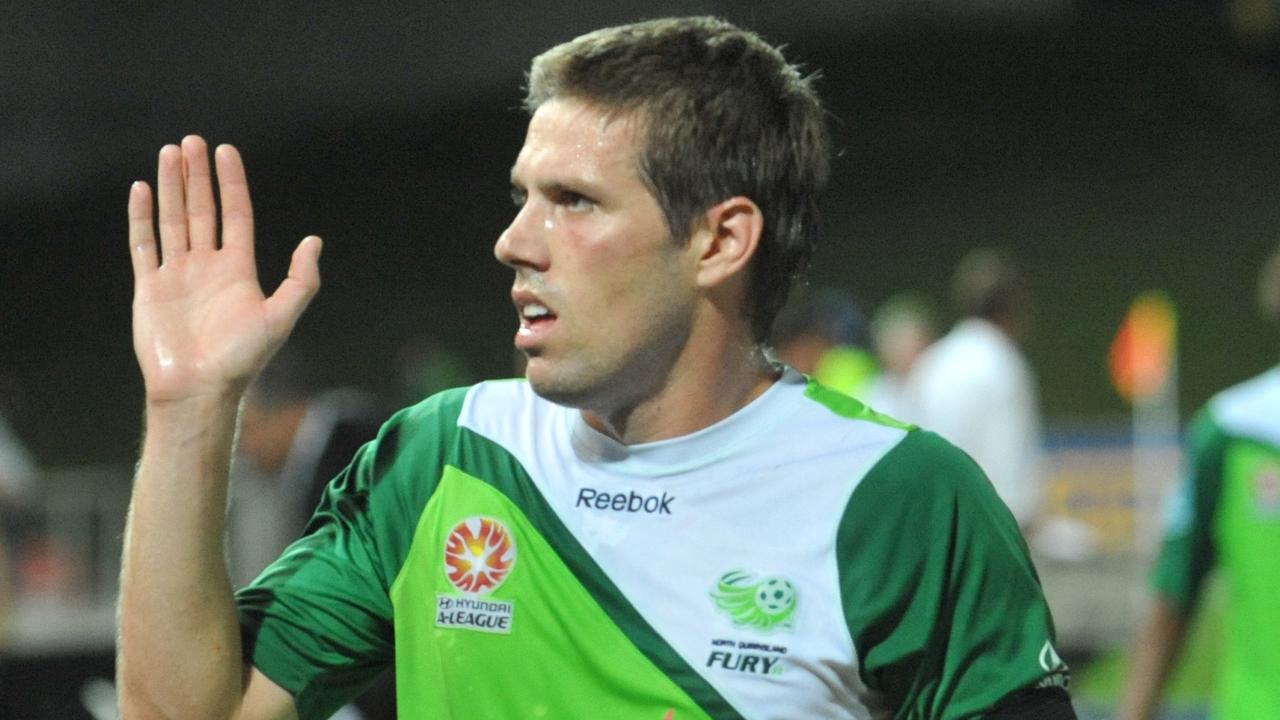Q&A: Football Federation Australia board candidates state their case
Meet the 10 candidates vying for one of four spots on Football Federation Australia’s new board in elections to be held on Monday at its annual general meeting in Sydney.
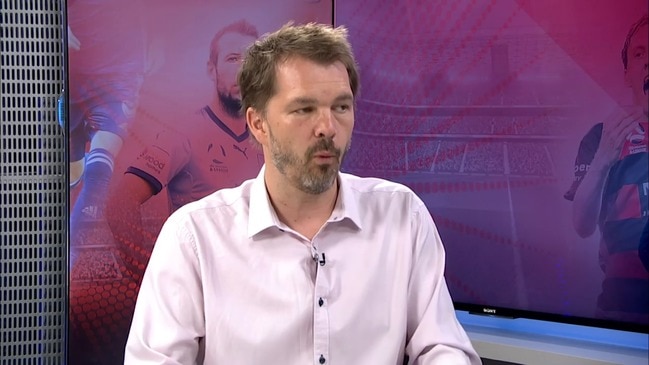
Meet the 10 candidates vying for a spot on Football Federation Australia’s new board.
FFA will hold its annual general meeting in Sydney on Monday, when four new directors will be elected from 10 candidates following the resignations of chairman Steven Lowy and Joseph Healy and the expiry of the terms of Simon Hepworth and Chris Nikou.
The new board will choose a new chairman and appoint up to three additional directors.
STEPHEN CONROY
Former Labor Senator and Communications Minister, now runs Responsible Wagering lobbying group.
“The new board must deliver financial transparency. That will begin to restore trust.”
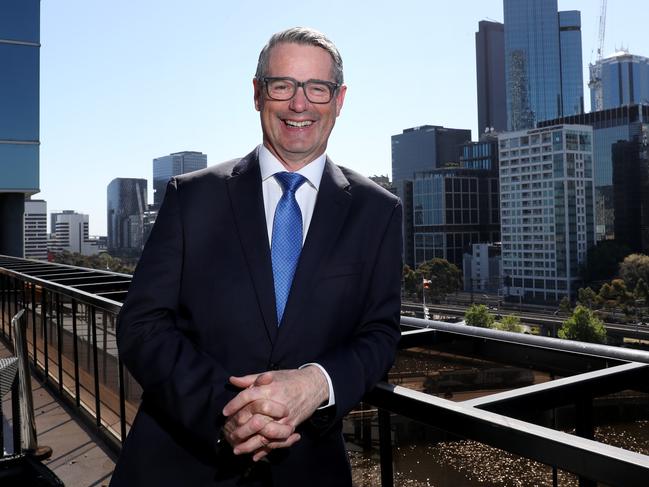
MORE FOOTBALL NEWS:
1. Do you support, in principle at least, A-League expansion? Is it feasible for next season?
A vibrant A-League is vital for the success of football in Australia. I support, in principle, an expansion in the A-League. Subject to the financial viability and logistical constraints, I would support the expansion next year.
2. What is the biggest priority you would want to address as an FFA director?
FFA has suffered from a lack of financial transparency. This lack of transparency has led to a culture of distrust between stakeholders. The biggest priority of the new board must be to deliver financial transparency. That transparency will deliver accountability and that accountability will begin to restore trust.
3. What differentiates you from other candidates?
I put myself forward on the basis of the skills and experience gained from 20 years in parliament and 20 years involved in sports administration, as both chair of Volleyball Victoria and on the national board of Volleyball Australia.
4. What in your experience and skillset makes you the right person to help take football forward?
My experiences gained from 20 years in the Senate, a chamber my party has never had a majority in, meant that I had to work with disparate individuals, political parties and minor parties to bring them to a common position to pass legislation. I often describe this as like “herding cats”. I believe that these skills will be put to good use helping to unite our disparate football stakeholders.
5. What would you want your legacy at FFA to be?
I would seek to restore our successful junior player pathways. We have had a proud record of success at junior international level. The rest of the world has improved, we have stagnated. How can this be achieved?
The introduction of an independent A-League provides the FFA with the opportunity to put in place a guaranteed minimum level of funding for grassroots football working with the state federations.
HEATHER REID AM
First woman to be appointed as the head of a state football federation, running Capital Football for 12 years.
“I am one of the few candidates with depth of knowledge working at the coalface of the sport.”
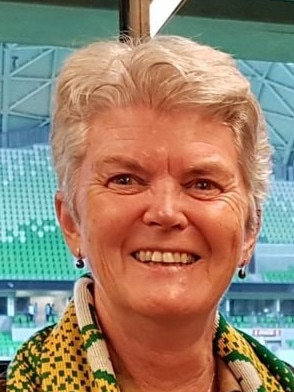
1. Do you support, in principle at least, A-League expansion? Is it feasible for next season?
I support expansion of the A-League and would like to have a comprehensive briefing to
understand the financial and practical implications of whether expansion is feasible for next
season.
2. What is the biggest priority you would want to address as an FFA director?
Costs associated with participation, particularly in relation to the national registration fee
and coaching course fees, is a key issue. There are unknown elements regarding FFA’s
financial situation and significant sponsorships are up for renewal. The financial status of FFA needs to be forensically examined so the board can make informed and independent
decisions on the budget process, future policy and program implementation and whether
the most effective management structure is in place to achieve objectives.
3. What differentiates you from other candidates?
I have a deep understanding of the sport from many perspectives at many levels. I am one of
the few candidates with breadth and depth of knowledge working at the coalface of the
sport — both with the formative years of Australian women’s soccer and more recently with
the ACT Football Federation (Capital Football) and Canberra United in the W-League. As a
custodian of the journey of the women’s game, I am also the only candidate with a wealth of
knowledge and experience in women’s football from grassroots to international levels.
4. What in your experience and skillset makes you the right person to help take football
forward?
I know the sport inside out and I’m ready for a new challenge. I have been a professional
administrator for 30 years with most of my career in football management. Given my
football pedigree I have vast networks and connections throughout the world game and I
understand the role of a director from both the director point of view and that of a CEO
serving the board.
5. What would you want your legacy at FFA to be?
To inspire others to realise their potential through football, in whatever capacity, at
whatever level and to motivate more women to join me as custodians and leaders of football’s destiny.
MORRY BAILES
Adelaide-based lawyer who is President of the Law Council of Australia and writes extensively on law reform issues.
“What differentiates me is that I am not from the football establishment.”
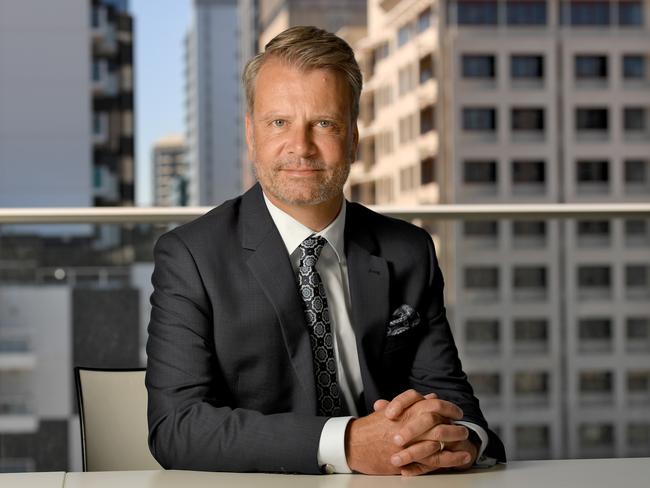
1. Do you support, in principle at least, A-League expansion? Is it feasible for next season?
If an expansion is economically viable, taking into account all aspects, I would, in principle, support it. However, I would not consider it without an evidence-based decision-making process involving necessary investigation and consultation. Because of that I am not able to speculate on feasibility for next season. I only make decisions when seized of all the facts.
2. What is the biggest priority you would want to address as an FFA director?
We need consensus amongst all interests of the game about what the strategic plan and vision for the FFA should be. Division is death, and that applies to sport as much as anything else. Without a clear strategic direction the FFA cannot reach its full potential and neither can the game. I support a facilitated consultation process to solve outstanding issues and create a new path forward.
Good governance, including director independence, is an essential for any board to succeed. I am also interested in risk and diversity. Risk because if it is inadequately addressed it can be fatal. Diversity because of fairness, equity and good business.
3. What differentiates you from other candidates?
What differentiates me is that the law is my first love and I am not from the football establishment. I intend a skills-based approach to this board if elected.
I have the honour of being the President of the Law Council of Australia, the peak body for the legal profession in Australia, which has given me a good understanding of the challenges and rewards of running a federated body. This and other board and legal experience means I understand governance, and objectivity.
I am able to see the big picture without getting stuck in the detail, whilst still valuing the detail. I believe in the principle that good leaders play “chess not chequers” when selecting personnel, so if I am not sufficiently different from the other excellent nominees then I don’t deserve the job.
4. What in your experience and skillset makes you the right person to help take football forward?
I have a track record of successful, long-term strategic planning, both in law and business. What the FFA needs is a very clear strategy and to stick to it. I also have a strong track record in consensus building. I think that is an essential quality to get us all “inside the tent”.
I believe in risk taking when the risk is calculated. We may need to take some calculated risks as a game to get us to where we ought to be. I am a self-confessed economic conservative and abhor lazy financial thinking. I am a team player. I acknowledge that no job can be done single-handedly, at least no good job. I believe ethical conduct is a person’s most important quality.
5. What would you want your legacy at FFA to be?
I don’t like the word legacy. I am not standing for election to leave a legacy. I am standing to make the FFA a successful association and, with that, the game of football in Australia. I love the fact our game touches the whole of the community. Anyway, it is not what an individual
director’s legacy should be that is the question, it is what the FFA’s legacy should be, and that is to have led and grown the game with integrity.
LINDA NORQUAY
Sydney FC season ticket-holder for 13 years who runs Lachlan Murdoch’s investment vehicle.
“Having three young kids playing football I know the commitment that a lot of parents make.”
1. Do you support, in principle at least, A-League expansion? Is it feasible for next season?
I believe A-League expansion will bring additional opportunities to footballers in Australia, will provide more variety to the fans of existing teams, and is an opportunity to increase the reach of the A-League to new catchment areas. Whether or not it is feasible for next season is not something I can say at this point in time without having seen the submissions from the bidders.
2. What is the biggest priority you would want to address as an FFA director?
No single biggest priority. I think growth of the game will come from a number of small improvements with the ultimate aim that we grow participation levels, increase fan engagement and improve the commercial aspects of the game to match the grassroots strength.
3. What differentiates you from other candidates?
I think each of the candidates offer different skills and experiences that would be valuable to the new board. It is up to the new board to ensure that those different skills and experiences come together in a cohesive way to drive football forward.
4. What in your experience and skillset makes you the right person to help take football forward?
I am probably not considered a traditional “football person”, but what I bring is commercial, financial and governance experience to the role. I have over 20 years experience in financial roles, and a large part of that is within media organisations. I have served on an ASX-listed board and am a member of the Australian Institute of Company Directors so I understand what is required to be an effective board member. Having said that, as an A-League season ticket member of thirteen years and having three young kids playing football I also have the perspective of what it is like to take a family to A-League games regularly and the commitment that a lot of parents make both financially and in terms of time spent ferrying their kids to training and games.
5. What would you want your legacy at FFA to be?
I am not seeking the role to leave a legacy. I have a strong interest in the game and am really excited about the potential of being an active participant in the future journey of football in this country and so if the members believe that my skills and experience would be valuable to the FFA board then I would be honoured to be given the opportunity to work for a sport that my family and I are so passionate about.
CHRIS NIKOU
Melbourne lawyer who played state league football, was on Melbourne Victory board and on FFA board since 2014.
“Unity is the biggest priority (of the new board). It is our game’s biggest challenge.”
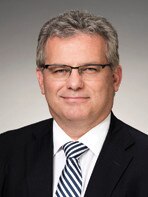
1. Do you support, in principle at least, A-League expansion? Is it feasible for next season?
I see A-League expansion as a priority and an important initiative in assisting the A-League to grow commercially and in popularity.
In relation to the feasibility of it happening next season it will be an urgent item for the new board to assess and decide. The crucial information will be the recommendations and feedback of the FFA Executive.
The responsible course of action will be to receive FFA Executive information, feedback and
recommendations before expressing a view on whether the new clubs can be ready in time for next season. Until that happens my view on the timing of the expansion is reserved.
2. What is the biggest priority you would want to address as an FFA director?
Unity is the biggest priority. It is our game’s biggest challenge. Without unity we cannot direct all our energy into the important work that the FFA needs to undertake. All stakeholders need to work together to progress our game.
3. What differentiates you from other candidates?
I’m in the fortunate position of being an existing FFA board director. Thus, the knowledge I have obtained in that role means I understand what has been achieved and where we need to do better. I have worked with most stakeholders in the game over the past four years. Whether that was leading the review into fan banning (and subsequent changes to policy), understanding the structure and dynamics of the recent broadcast negotiations, serving as chair of the women’s standing committee or representing the FFA board and signing off on the Congress Review Working Group report/recommendations.
I have spent 40 years in the game serving at all levels thereby giving me a deep understanding of the many issues and perspectives. This service combined with my FFA board experience and the numerous stakeholder relationships gives me an opportunity to connect and work closely across the broad spectrum of the Congress and stakeholder base.
4. What in your experience and skillset makes you the right person to help take football
forward?
When assessing candidates for the FFA board I straight away think of the following criteria that candidates need to satisfy. In no particular order:
— Understanding of governance structures and regimes
— Football knowledge and experience whether that is on or off field
— Clear of any conflicting interests
— Not involved in any pursuits, activities or enterprises that would impede the ability to always act in the best interests of FFA
— Demonstrated leadership at senior levels
— Understanding the duties of a director
— Commitment to ethical behaviour
I satisfy all of the above criteria. The publicly available information on my business career and also my experience participating and serving football means I’m well placed to become part of the new board at the FFA and continue to make a positive contribution. I also have specifically exceptional legal, finance, football and governance experience.
5. What would you want your legacy at FFA to be?
I do not believe in personal legacies but rather board legacies. I believe boards should aim to leave the sport in a better position than how they found it. That way successive boards over time can improve the sport. However, it can be explained in simple terms as follows:
— Football to be the largest and most popular sport in Australia (male and female)
— More grassroots participants than any other code
— More fans than any other code
— World-class elite players
— A vibrant and healthy football ecosystem that serves our community (participation,
coaching, facilities, refereeing, administration, player development, competitions, fan
services and national teams)
— A growing and sustainable revenue base to meet the needs of the organisation and our
many stakeholder requirements including the professional game.
REMO NOGAROTTO
Political lobbyist and investment banker, previously chair of Soccer Australia and director of football at Newcastle Jets.
“What’s holding us back from decades of growth? Only the limits of our imagination.”
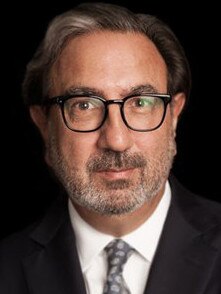
1. Do you support, in principle at least, A-League expansion? Is it feasible for next season?
I not only support expansion in principle, I support the practicality of expanding the A-League next season. Expansion is something that simply must happen as soon as possible. The A-League is the week-to-week shop window of our great game. We need to inject the excitement, the atmosphere and the star quality we saw in the time of del Piero, Heskey and Ono. Expansion is a pathway to a more exciting and vibrant A-League. Let’s get on with it. The outgoing FFA board has been running a detailed and thorough process through the consulting firm Deloitte to try and land on a position on expansion, both in terms of geography and number, and whilst I am not privy to what the recommendations or conclusions of Deloitte are, I would make it a top priority for the incoming board to move quickly on this decision.
2. What is the biggest priority you would want to address as an FFA director?
The biggest immediate priority must be to get confidence, ambition and unity into the game and into the thinking of all football people. We have many fundamental strengths that other codes envy. We are the highest participation sport in Australia. We have the largest national footprint. The Socceroos and Matildas are regulars at FIFA World Cups. We have an unparalleled network of semi-pro and community clubs. The A-League is firmly entrenched in the Australian sporting landscape. Our best years are ahead of us. What’s holding us back from decades of growth? Only the limits of our imagination and our willingness to do the hard work. The policies must be clever, but first we must believe in our destiny.
At a professional level the biggest priority for the game is what form should an independent A-League take when it is finally spun off from the FFA. There are a number of models around the world we can turn to for guidance including the EPL, but we need to ensure the balance of the game is both protected and indeed better off as a result of this independent model.
At a grassroots level we need to make sure that our game remains within the financial reach of everyone. We should not be pricing out of participation children and those who want to simply experience the joy of our game at a community level. It should not all be about funding elite pathways.
3. What differentiates you from other candidates?
That’s a judgment for the members of the FFA Congress and respectfully I do not wish to make the election process a “show and tell” pageant. I was encouraged to stand by colleagues who say I bring a unique insight into the game in Australia. I have spent a lifetime with football as a part of my daily life. It’s in my blood. Yes, I go back a long way in Australian football, and whilst I am hugely respectful of history, I am not mired in nostalgia. Everything I have done until now makes me ready for tomorrow.
4. What in your experience and skillset makes you the right person to help take football forward?
Stakeholder management is going to be key if we are going to take everyone on the journey of realising the potential of our beautiful game. We need a more inclusive and transparent culture between the top of the football pyramid and its base. Its not just about the right strategy or business plan, that goes without saying of course, it’s about everyone feeling part of the journey regardless of their station in the football family, and that’s frankly what we have lacked in recent years.
5. What would you want your legacy at FFA to be?
I dream of Australian football being at the heart of our national identity. A sport that is not constrained by any economic, cultural or social boundary. We need to dream big in order to grow big. At the end of my tenure I hope to look back and see progress in making the dream a reality. It might not happen in my lifetime, but let’s all be pioneers. I would place a marker on building a commercially sustainable and united football culture. Dreams need a solid foundation. If I can help bring this destiny closer into view, I will exit the boardroom a very happy man.
MARK SHIELD
Previously Australia’s No.1 ref, officiating at two World Cups, now runs his own successful small business.
“My independence and zero political baggage is what’s best for the game right now.”
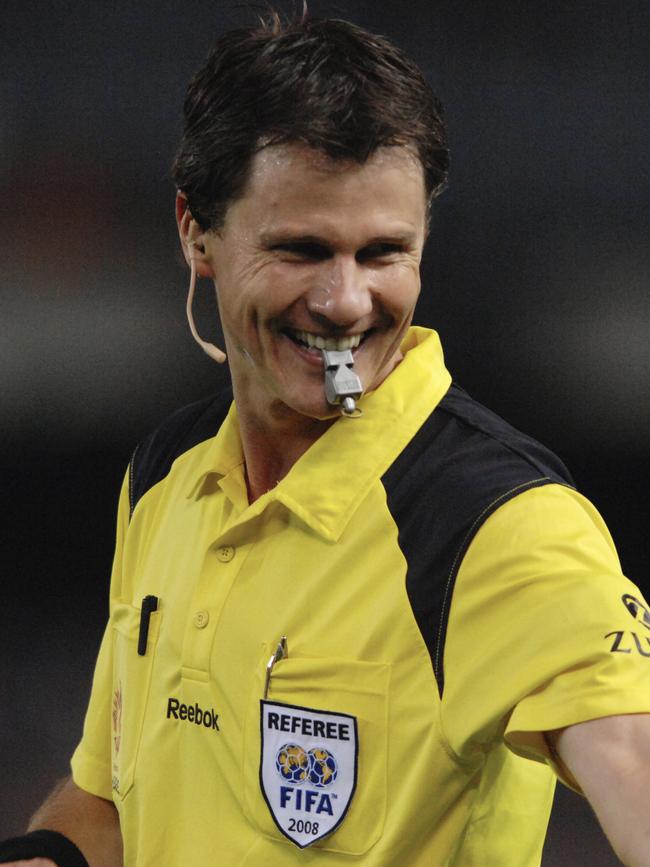
1. Do you support, in principle at least, A-League expansion? Is it feasible for next season?
In principle, yes I agree with expansion. I think it is an important next step in the game’s evolution, but it is only part of the solution.
It may be feasible for next season, however it should not be rushed at the expense of laying solid financial foundations.
Equally important is getting the formula right so we get more fans coming to games and the league in general becoming more financially viable.
We know the potential is there. Sydney FC played LA Galaxy at Stadium Australia in a midweek fixture in front of 90,000 willing fans and 50,000 fans attending a round 16 A-League fixture are just two examples. The FFA and A-League clubs need to find the right formula on how we can replicate that week-in, week-out in the stands of the A-League competition, as other leagues around the world have.
2. What is the biggest priority you would want to address as an FFA director?
Reconnecting the FFA with every level, every stakeholder of the game would be the first step. There are extremely talented and passionate people at every level of the game that can and are willing to contribute towards football’s success.
We need to create a winning, inclusive strategy to deliver the next chapter at all levels of our game.
We should start with understanding the importance of grassroots football for Australia’s future success on the world stage.
Also my recommendation will be that “town hall” meetings such as the one that AAFC conducted this week should continue after the AGM and well into the future by the next FFA board to promote open and transparent governing. This will help formulate and engage people to support a winning overarching strategy.
3. What differentiates you from other candidates?
My independence. I am not politically aligned in any way. I represent a fresh approach to a new-look board.
That, coupled with knowledge of football at every level of the sport, would make me perfectly positioned to help take the game forward in the best possible way.
I started my player and refereeing career in Silkwood in North Queensland and progressed through every level of football from grassroots local, regional, state, national, OFC, AFC, and FIFA.
I have experienced first hand all levels that make up the football family and can apply that knowledge and skills at a board level.
I believe my independence and zero political baggage is what’s best for the game right now to enable strategic change to be made without fear or favour.
4. What in your experience and skillset makes you the right person to help take football forward?
In my view the new FFA board should have a mixture of people who
1. Have football experience
2. Have commercial experience
3. Are independent
I am a football man. It has been part of my life since I was six and I’m as passionate about it today as I was the very first time I stepped out on to a pitch as a player. I am a collaborative leader.
I have extensive commercial experience, from owning and directing my own businesses, through to CEO positions in not-for-profit environments.
The new board needs more than just an ex-referee. It needs a strong board member who understands Australian business — everything from risk management, commercial stewardship, stakeholder management and corporate governance — and I can offer this.
5. What would you want your legacy at FFA to be?
It is not about a legacy for me, it is about the game’s success. Being one of the stakeholders in the team that propels the game to its rightful status as the No.1 sport in the country would give me immense satisfaction.
Now is the time, more than ever, for passionate football people with commercial experience to stand up and take our game to the next level to be the powerhouse we all know it can be.
Given the opportunity, I know I can make a difference.
DANNY MOULIS
Young Socceroo who set up a successful Canberra legal practice. Was chair of Canberra Cosmos and on the FFA board since 2015.
“I have been immersed in the game, I know what drives us and I stand as one with my community.”
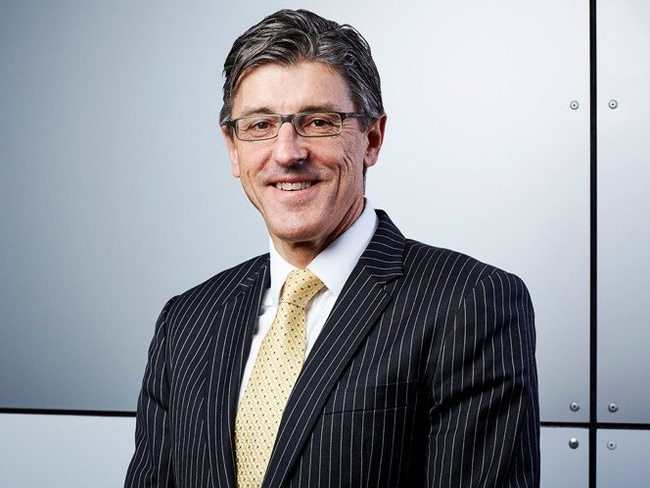
1. Do you support, in principle at least, A-League expansion? Is it feasible for next season?
I came to the board on a platform of expansion and a separate operating model for the A- League which should’ve happened before.
I’m also a great supporter of NPL and grassroots football and they should be given the opportunity to be represented at the highest level, not just as a second division.
At the moment there’s not enough diversity in the A-League format. The tribes can’t go to war. We need new territories to conquer and to boost fan numbers.
2. What is the biggest priority you would want to address as an FFA director?
The key element on the board in this transitional phase is to make the football community cohesive. Not to be partisan in your representation of your particular member. But at the same time to understand there are other views around the table and that needs to be kept in balance.”
As a Board we need to have philosophies and policies for the advancement of the game. We also need to be assertive about our position in the sports landscape in Australia. At the base of it all is the expectations of the football community. They want to see football be the best-supported sport in the country and to have the most fans in our stadiums because they love the game. These are the things we have to facilitate.
3. What differentiates you from other candidates?
I have been “there” at the important touchpoints, and in the company of the important people, over the past half century of our game. From being a kid playing in the Pepsi Champions of Champions in the 60s; being billeted out with local families for national championships in Wagga, Hobart, Perth, all over; in 1977 youngest player on the park in the first game of the Philips Soccer League; coached and mentored by Johnny Warren and Charlies Perkins; one of the first players to play 100 games in the old NSL; national representative player at all levels; Sydney Olympic under Tommy Docherty; ACT Football Hall of Fame; Canberra Cosmos chairman and the battle to keep the NSL truly representative … sorry, I could go on, but the bottom line is that I have been immersed in the game, I know what drives us and I stand as one with my community. In the difficult past three years I have carried out my duties on the board independently and with the interests of the football community at heart. The proceedings within a board are confidential but I can at least say that I have stood up for the human values of the soccer community. I have also had specific and direct involvement in the Socceroos, National Youth teams and Matildas programs, in the battle to make sure that they are supported and managed at the optimal way. I want to be a part of this new dawn, to do more and achieve more for the football community. We need to expand this great game, and I have a strong ambition for us to succeed, at all levels.
4. What in your experience and skillset makes you the right person to help take football forward?
You need to have experience in the areas in which you are called upon to govern. You can’t be a completely isolated person who’s had nothing to do with the game and be expected to sit in a governance position on the board. FFA directors need to have strong insights about the game and the members of the football community have come forward and said that’s what we want to see at board level.
5. What would you want your legacy at FFA to be?
A lot of strategy for the development of the game should be towards doing things like winning the World Cup and being the best and the most popular sport here in Australia. When making a decision we need to ask what value does this add to the football community? Not just to the FFA, or one member, but how does this contribute to the whole of the game?
JOSEPH CARROZZI
Tax expert and partner at PwC since 2005, and serves on boards including GWS Giants — though has pledged to stand down if elected.
“To unite the game and to ignite the passion of fans! That’s the mission for 2019.”
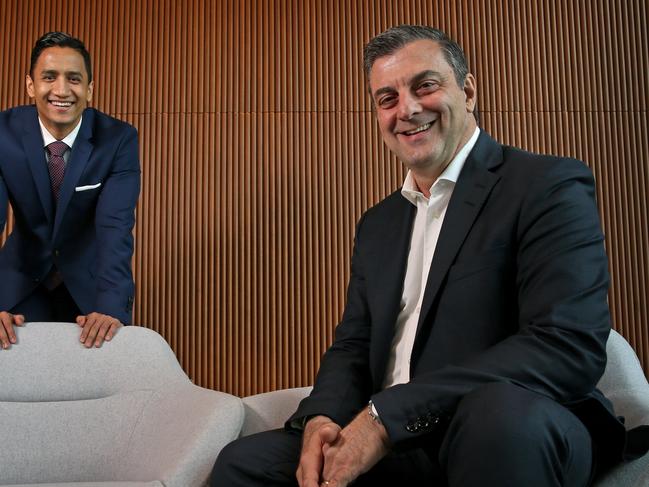
1. Do you support, in principle at least, A-League expansion? Is it feasible for next season?
I support a larger A-League. Having 10 clubs is insufficient for our market and we need at least 12.
Is it possible in 2019? I can’t guarantee that. We need to immerse ourselves in the work that’s been done. We need to ensure that the locations for the new franchises are correct (fans, commercial sustainability, player pool, facilities, community support) and the financial projections for the long-term sustainability of the new clubs are tested. Also the entire A-League must benefit from expansion — the quality of the game, talent pool and overall value of the competition. Difficult at this point to simply accept the work that’s been done without first understanding it and hearing from the Exec about the strategy and robustness of their process.
2. What is the biggest priority you would want to address as an FFA director?
To unite the game and to ignite the passion of fans! That’s the mission for 2019.
Uniting the game requires a commitment to more open and accountable processes — treating all stakeholders as a community whose voice counts, not just the voice at FFA HQ. So I would have the board hold meetings around the country to listen and to share ideas. Uniting the game also means building trust with players, coaches, federations and A-League clubs. The constitution establishes 13 subcommittees which includes football grassroots, community and stakeholders. These subcommittees need to be empowered from day one to bring forward ideas, to test the current thinking of the FFA and to develop a set of common principles from which a shared vision can be developed.
To ignite the passion of fans is to ensure that fans have a say — fan forums around the country (linked to board meetings which can be held around the country), using technology such as “word cloud” for fans to express their views and suggestions about improvements. Similarly, fans need to engage more deeply with players, clubs and teams. Digital consumption of sport will create a new vehicle for fans to connect — let’s make sure we don’t waste it.
Why are these priorities? So that we can create a more powerful sport — which attracts more committed fans, more crowds, more sponsorship and more investment by governments around the country. We need a more compelling case for support.
3. What differentiates you from the other candidates?
I respect the Congress and the FFA Constitution so I will not compare my candidacy with that of others — all of whom are volunteers and should be applauded for agreeing to their nomination.
What I will say is that I will bring to the board proven experience and the ability to combine a strong head with an equally strong heart. Failure to do so will result in failure in sport and in most community-based ventures. And I believe that a board is most effective when all board members are empowered to share views and be heard — so that the chair speaks last not first, after hearing and assimilating the collective views of all board members. That’s what I observe on my boards.
4. What in your experience and skillset makes you the right person to help take football forward?
My core expertise is providing independent financial and legal advice and being able to solve complex problems in a collaborative manner. I have done that for over 30 years. These are core skills for a board.
In addition, my experience on boards is extensive and unique. I am chair or deputy chair of boards of entities that conduct medical research, preserve iconic historical sites on Sydney Harbour, operate an AFL club (GWS Giants) as well as elite sport (the NSW Institute of Sport). The variety of the work conducted by these boards and my ability to earn the respect
to be chair or deputy chair means that I can build trust, I listen, I can engage with diverse skillsets and I bring people together towards a common goal. I am not one-dimensional — nor is any organisation or group of people. Diversity is the key enabler of a community.
Finally, I have an extensive network of business, government and community leaders — from all sectors. These networks are built on trust and are long lasting. I do not horse trade relationships for numbers.
5. What would you want your legacy at FFA to be?
A legacy will be written by others. My ambition is that the FFA will be seen as leading the most popular and most successful sport in the country — the pathway for young children to adults is strong and not disconnected. The coffers (finances) of football grow year on year because of the great quality of the game, its ability to entertain families and its desire to be bold and innovative.
Also, our national teams (we have an unparalleled number of iconic national teams) expect to win — because they are well funded, they entertain and the players are respected globally and are great ambassadors for our country.
MARK RENDELL
Experienced sports administrator, having run Bowls Australia, Football Federation Victoria and Gymnastics Australia.
“I feel I can provide a valuable contribution to a sport that is held in such high regard within the Australian sporting landscape.”
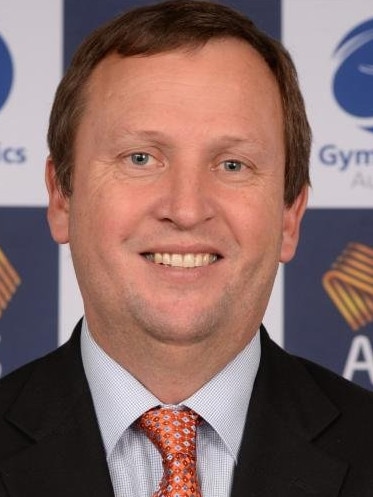
I am pleased to be nominated for a position on the Football Federation Australia board by Football Federation Tasmania. Given my background in sports administration and sports governance over 25 years at both state and national level, I feel I can provide a valuable contribution to a sport that is held in such high regard within the Australian sporting landscape. While there is a lot of change happening within FFA governance structure, it also provides a great opportunity for the new board to build on the success the sport has experienced over the years and develop a united vision moving forward.
Whilst the board election process is ongoing, I do not wish to comment further, as I believe the voting members are well equipped to evaluate the attributes of all candidates and elect the directors they believe are best suited to lead the sport forward.
Every Test, ODI & T20I live, ad-break free during play and in 4K. Only on Foxtel. SIGN UP TODAY!

